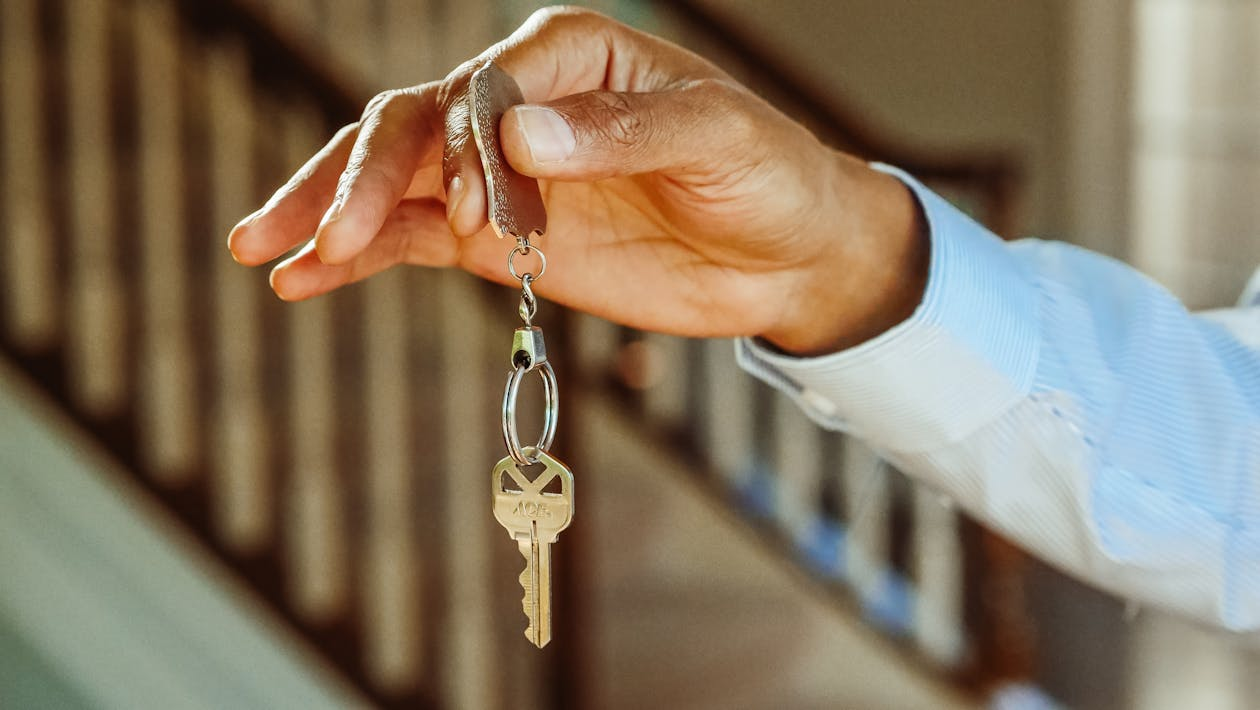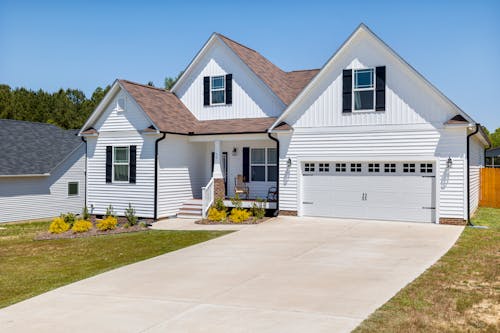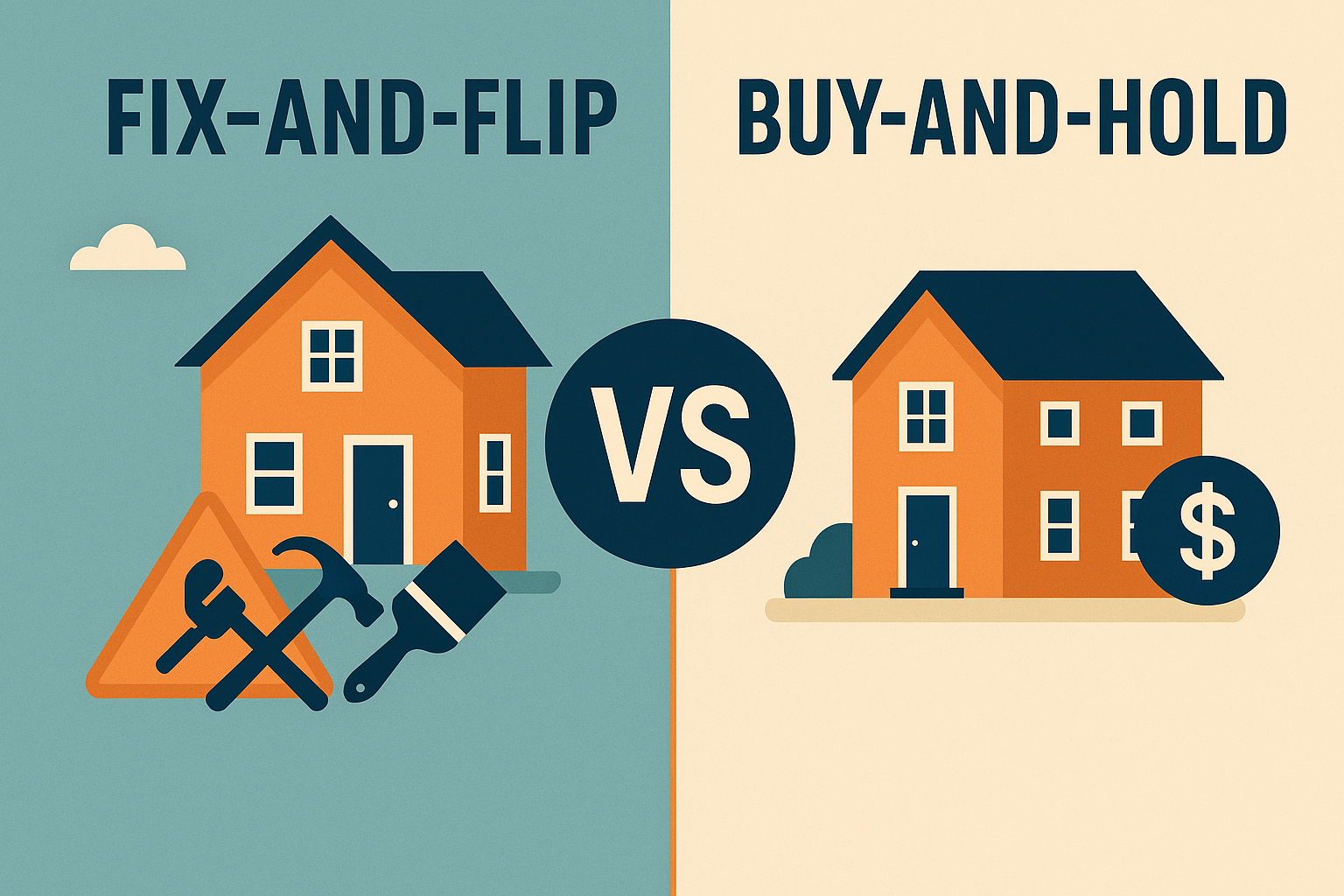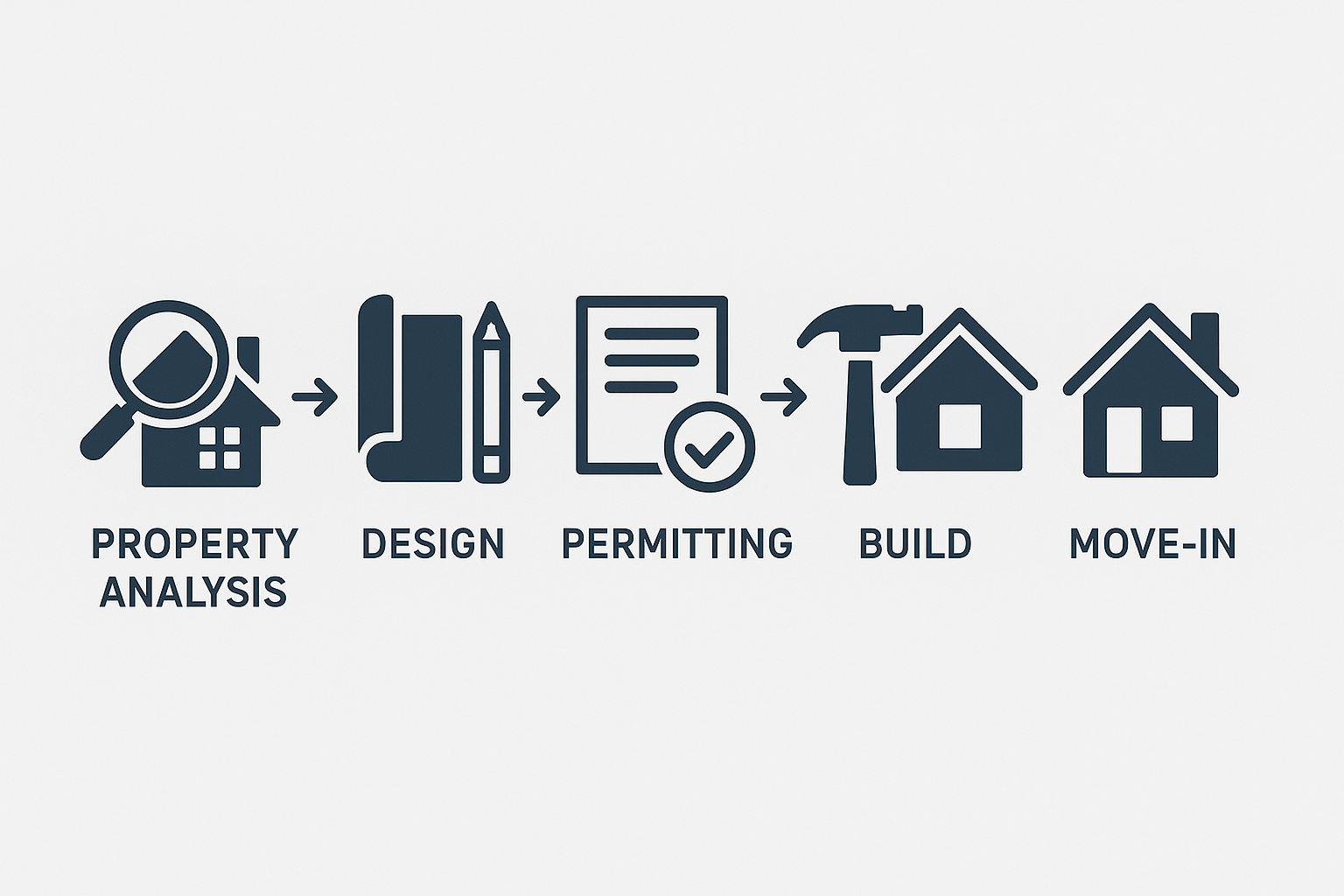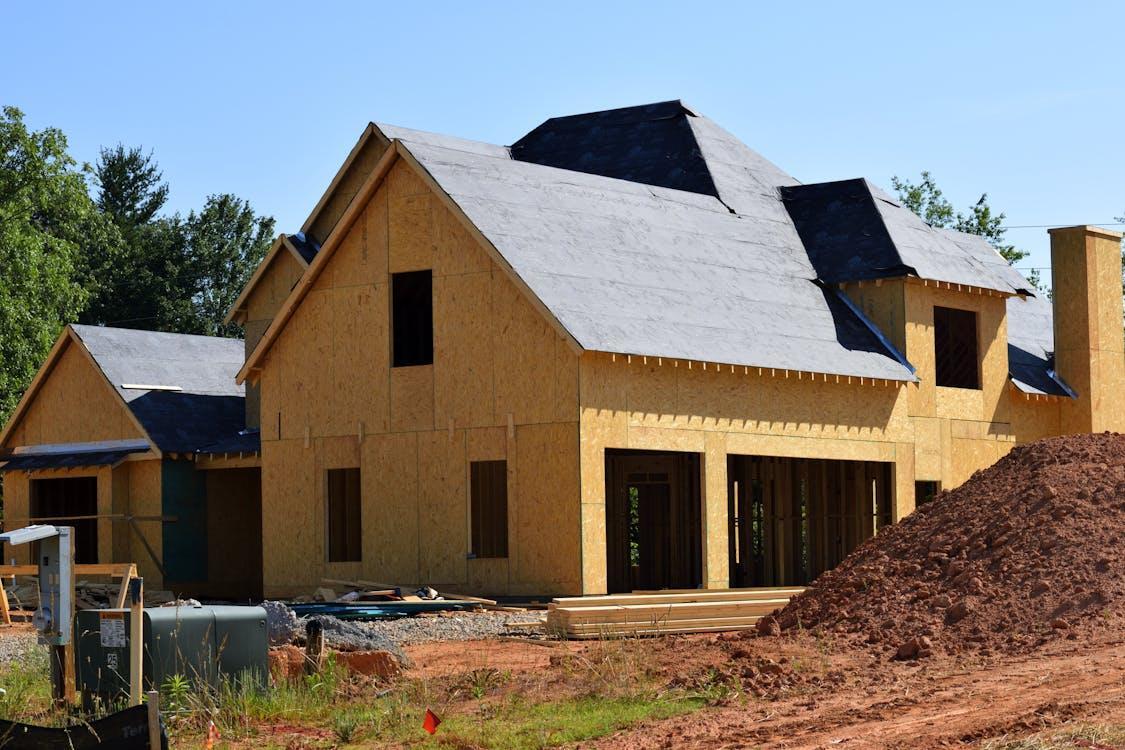Flipping houses in New Jersey can be highly profitable, but only when investors make the right financial and strategic decisions. The state’s real estate market is competitive, with rising home values creating strong opportunities for flippers. In February 2025, the median home price in New Jersey reached $521,900, reflecting steady appreciation. Investors who can buy, renovate, and sell quickly stand to make significant profits.
However, many new and even experienced investors make critical fix and flip loan mistakes that eat into their returns. Whether it's underestimating costs, mismanaging timelines, or choosing the wrong lender, these errors can quickly turn a promising deal into a financial setback. Here’s how to avoid costly fix and flip loan mistakes and maximize your flip’s profitability.
1. Underestimating Renovation Costs
One of the biggest fix and flip loan mistakes investors make is failing to accurately calculate the full scope of their renovation costs. Unexpected repairs, contractor delays, or changes in material prices can quickly derail a budget.
How This Hurts Your Flip:
- Leads to cost overruns that shrink profit margins.
- Delays in securing extra funding can stall renovations.
- Rushed decisions to cut costs may lead to low-quality work, affecting resale value.
How to Avoid It:
- Get detailed estimates from multiple contractors before purchasing the property.
- Include a 10-20% buffer in your renovation budget for unexpected expenses.
- Prioritize upgrades that increase property value, such as kitchen remodels, bathrooms, and curb appeal.

2. Overpaying for the Property
The key to a successful flip is buying at the right price. Some investors get caught up in bidding wars or underestimate necessary repairs, leading them to overpay.
How This Hurts Your Flip:
- Leaves little room for profit after renovation and selling costs.
- Increases financial risk if the market slows down or the home doesn’t sell quickly.
- Makes it harder to secure a good investment property loanfor future projects.
How to Avoid It:
- Follow the 70% rule — don’t pay more than 70% of the after-repair value (ARV) minus estimated renovation costs.
- Work with real estate lendersand agents to analyze comparable sales.
- Walk away from deals where the purchase price doesn’t leave enough margin for profit.
3. Choosing the Wrong Hard Money Lender
Not all hard money lenders offer the same terms. Some charge high fees, have hidden penalties, or don’t fund deals quickly enough to keep up with market demands.
How This Hurts Your Flip:
- High interest rates and fees eat into your profit margins.
- Strict repayment terms can force rushed sales or cause financial strain.
- Slow approval times can cause you to lose out on a property deal.
How to Avoid It:
- Compare multiple hard money loanoffers before committing.
- Look for a lender with fast approvals, no prepayment penalties, and competitive rates.
- Choose lenders who specialize in fix and flip loansand understand investor needs.

4. Overlooking Holding Costs
Many investors focus on the upfront costs of buying and renovating but forget about holding costs — the ongoing expenses while the property is being fixed and sold.
How This Hurts Your Flip:
- Increases financial pressure if the flip takes longer than expected.
- Cuts into profits, especially if there are unexpected delays.
- Can force you to lower the sale price just to exit the deal quickly.
How to Avoid It:
- Budget for mortgage payments, property taxes, insurance, utilities, and maintenance.
- Speed up the renovation process to minimize the holding period.
- Work with a hard money lenderwho offers interest-only payments to reduce upfront expenses.
5. Mismanaging the Loan Repayment Timeline
Fix and flip loans are short-term loans, typically requiring repayment in 12 to 18 months. If investors don’t manage the project efficiently, they could face financial penalties or loan default.

How This Hurts Your Flip:
- Forces you to extend or refinance at higher costs.
- May lead to rushed renovations or poor-quality work to meet the deadline.
- Puts pressure on selling quickly, potentially forcing you to accept lower offers.
How to Avoid It:
- Set a clear timeline for renovations and sale before closing the loan.
- Work with trusted contractors who can meet deadlines.
- If delays happen, consider refinancing with an investment property loan.
6. Ignoring Market Conditions
Even the best flip can struggle if the local market slows down. Some investors fail to research demand and pricing trends, leading to longer holding times or lower-than-expected sale prices.
How This Hurts Your Flip:
- Properties sit on the market longer, increasing holding costs.
- Buyers may negotiate lower prices, cutting into your profit.
- Seasonal fluctuations can delay sales, affecting cash flow for future investments.
How to Avoid It:
- Research local home price trends, inventory levels, and average days on market.
- Choose properties in high-demand areas with strong appreciation potential.
- Be prepared to rent the property temporarily if selling conditions are unfavorable.
7. Poorly Executed Renovations
Some investors try to cut costs by using low-quality materials or skipping essential repairs, which can turn off buyers and result in lower sale prices.
How This Hurts Your Flip:
- Buyers may negotiate price reductions or request repairs before closing.
- Cheap renovations can make the home sit longer on the market.
- Bad workmanship may lead to inspection issues or lost deals.

How to Avoid It:
- Focus on quality renovations that increase the home’s value.
- Use durable materials that appeal to modern buyers.
- Hire licensed professionals to ensure all work meets local building codes.
8. Lack of an Exit Strategy
Some investors focus so much on acquiring and renovating a property that they don’t plan ahead for selling. Without an exit strategy, they may be forced into price reductions or extended holding periods.
How This Hurts Your Flip:
- Delays in selling mean higher holding costs.
- Poorly marketed properties may struggle to attract buyers.
- Rushed sales may lead to accepting lower-than-expected offers.
How to Avoid It:
- List the property before renovations are finished to generate early interest.
- Work with experienced real estate agents who specialize in flipped properties.
- Have a backup plan, such as renting or refinancing with an investment property loan, in case the home doesn’t sell right away.
Consult InstaLend For Highly Profitable Fix And Flip Loans In New Jersey
Don't let fix and flip loan mistakes eat into your profits. With InstaLend, you get fast funding, no prepayment penalties, and flexible terms that help you close deals and renovate with confidence. Whether you're a seasoned investor or new to flipping, our fix and flip loans in New Jersey provide the capital you need to succeed.
Avoid delays, secure better properties, and maximize your ROI with a hard money lender that puts investors first. Ready to finance your next flip? Apply with InstaLend today and turn your hard money loans into a success!



